MORE IMPORTANT INFORMATION ABOUT YOUR TRAVEL TO Brussels
The Train station is located at the center of Brussels
Brussels (French: Bruxelles [bʁysɛl] or [bʁyksɛl]; Dutch: Brussel [ˈbrʏsəl]), officially the Brussels-Capital Region (French: Région de Bruxelles-Capitale; Dutch: Brussels Hoofdstedelijk Gewest), is a region of Belgium comprising 19 municipalities, including the City of Brussels, which is the capital of Belgium. The Brussels-Capital Region is located in the central portion of the country and is a part of both the French Community of Belgium and the Flemish Community, but is separate from the Flemish Region (within which it forms an enclave) and the Walloon Region. Brussels is the most densely populated and the richest region in Belgium in terms of GDP per capita. It covers 162 km2 (63 sq mi), a relatively small area compared to the two other regions, and has a population of over 1.2 million. The five times larger metropolitan area of Brussels comprises over 2.5 million people, which makes it the largest in Belgium.
Source:
WikipediaADDITIONAL INFORMATION ABOUT Munich
The Train station is located at the center of Munich
Munich ( MEW-nik; German: München [ˈmʏnçn̩]; Austro-Bavarian: Minga [ˈmɪŋ(ː)ɐ]; Slovene: Monakovo; Latin: Monachium; Italian: Monaco di Baviera) is the capital and most populous city of Bavaria, the second most populous German federal state. With a population of around 1.5 million, it is the third-largest city in Germany, after Berlin and Hamburg, and thus the largest which does not constitute its own state, as well as the 11th-largest city in the European Union. The city's metropolitan region is home to 6 million people. Straddling the banks of the River Isar (a tributary of the Danube) north of the Bavarian Alps, it is the seat of the Bavarian administrative region of Upper Bavaria, while being the most densely populated municipality in Germany (4,500 people per km²). Munich is the second-largest city in the Bavarian dialect area, after the Austrian capital of Vienna, Munich was one of the host cities of the official tournament of the 2006 FIFA World Cup. The city is a global centre of art, science, technology, finance, publishing, culture, innovation, education, business, and tourism and enjoys a very high standard and quality of living, reaching first in Germany and third worldwide according to the 2018 Mercer survey, and being rated the world's most liveable city by the Monocle's Quality of Life Survey 2018.
Source:
WikipediaImages of the trains for your trip
Where Can You Travel With Us?
TAKE A LOOK AT OUR MAP
France
Italy
Netherlands
Luxembourg
Austria
Germany
Belgium
Switzerland
Denmark
Sweden
Norway
Hungary
Czech
Ukraine
China
Active
France, Italy, Netherlands, Luxembourg, Austria, Germany, Belgium, Switzerland, Denmark, Sweden, Norway, Hungary, Czech, Ukraine, China
Upcoming
USA, Canada, Spain, Poland, Japan
Other Train Trips From Munich

Munich to Bamberg
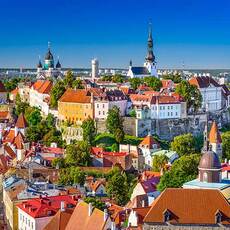
Munich to Tostedt

Munich to Vilsbiburg

Munich to Essen Dellwig

Munich to Neustadt Aisch

Munich to Dresden

Munich to Otting Weilheim

Munich to Lutherstadt Eisleben
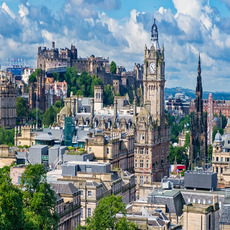
Munich to Beuron

Munich to Brannenburg

Munich to Garmisch Partenkirchen
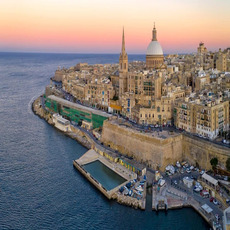
Munich to Bodenwohr North
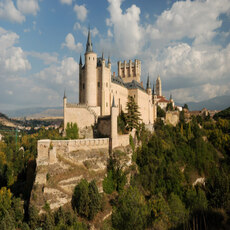
Munich to Wrist

Munich to Erding

Munich to Horrem

Munich to Hamburg Altona
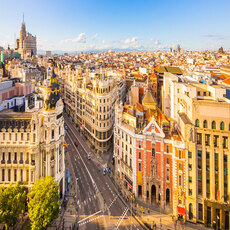
Munich to Feucht
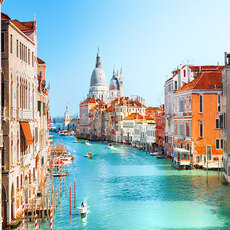
Munich to Meschede

Munich to Wangen Allgau

Munich to Pasewalk East
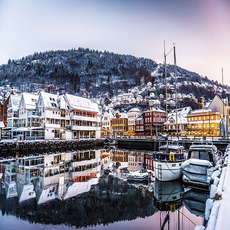
Munich to Frankfurt Airport Regional Station
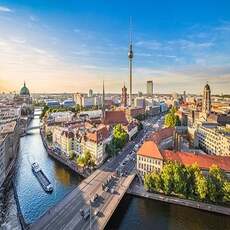
Munich to Dalheim
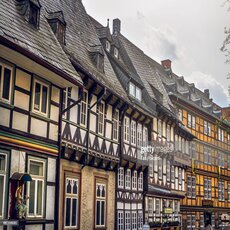
Munich to Peine

Munich to Gutersloh
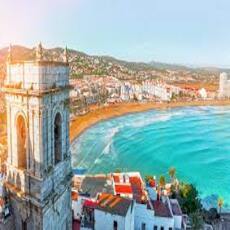
Munich to Pfarrkirchen

Munich to Ludwigshaf Basf South

Munich to Planegg

Munich to Werl

Munich to Bad Salzuflen

Munich to Augsburg
WHY YOU SHOULD TRAVEL BY TRAIN?
To travel from Munich To Brussels, trains would be the best travel choice, for several reasons:
1
Eco-Friendly
Trains are the most environmentally-friendly way of transport to the EU Environment Agency. They are powered by electricity, which is renewable and has a low environmental impact.
2
Speed
Travelling by train is in most cases the fastest way to go from Rome to Milan. Trains usually travel at high speeds, making them the fastest way to get from one place to another.
3
Safety
Travelling by train is one of the safest forms of transport. Trains are heavily regulated and monitored, making them safer than other forms of transport.
4
Price
Travelling by train is often cheaper than other forms of transport, such as flying or taking a bus. Trains are often subsidized by the government, making them cheaper than other forms of transport.
5
Luggage
Travelling by train is a great way to transport luggage. Trains usually have plenty of space for luggage and they are usually safe and secure.
6
Luggage
Travelling by train is often faster than other forms of transport, such as driving or taking a bus. Trains usually travel at high speeds, making them the fastest way to get from one place to another.
7
Comfortability
Travelling by train is usually very comfortable. Trains usually have comfortable seating and plenty of legroom, making them a great way to travel.
8
Comfortability
Travelling by train is a great way to get some sleep. Trains usually have comfortable seats and plenty of legroom, making them a great way to get some rest while travelling.
9
WIFI
This is not necessarily the most important when you travel since we prefer to tell you to enjoy your travel without your phones, but on trains, you can find WIFI onboard, so you remain connected to the internet if you choose to.
THESE ARE THE TRAIN OPERATORS WE WORK WITH



















